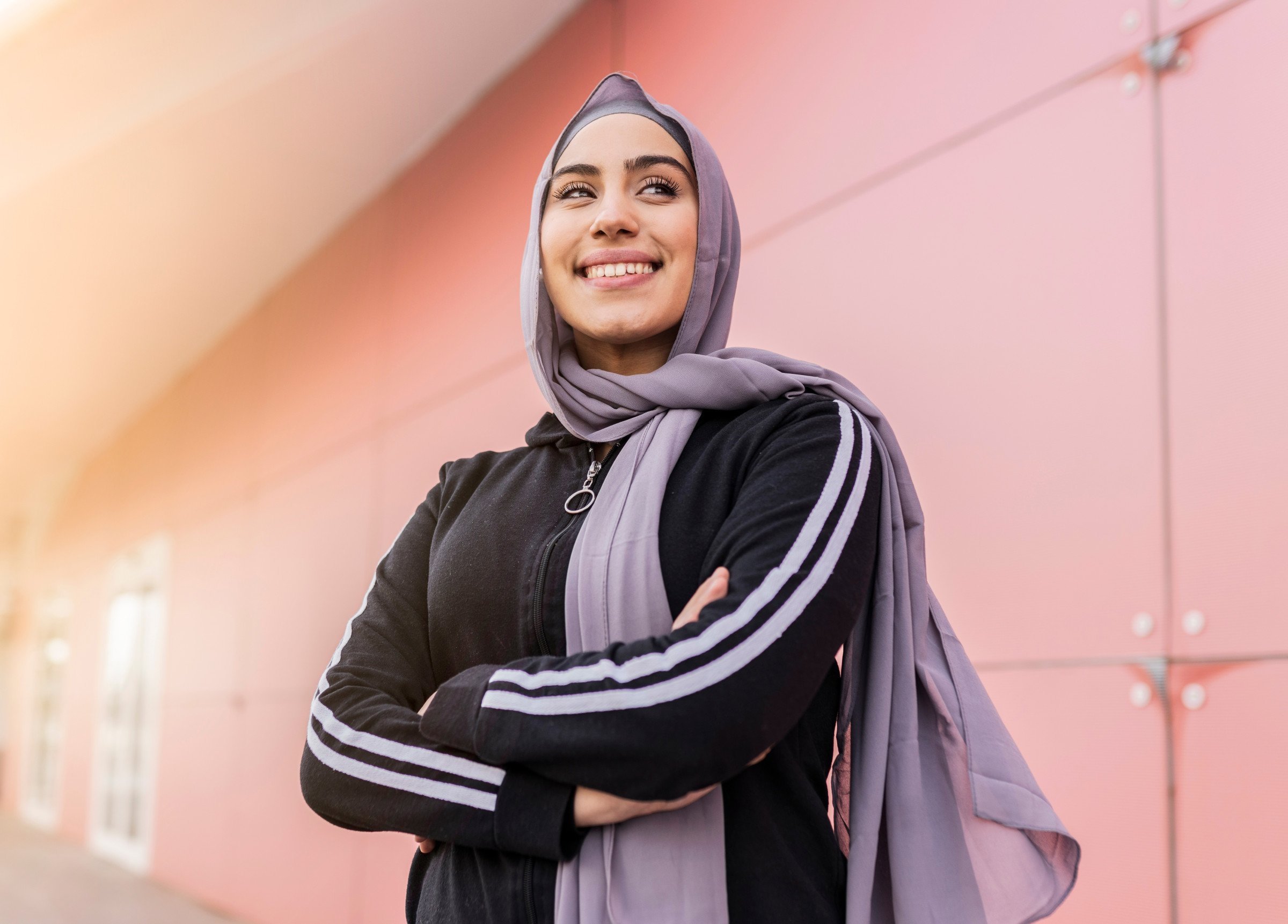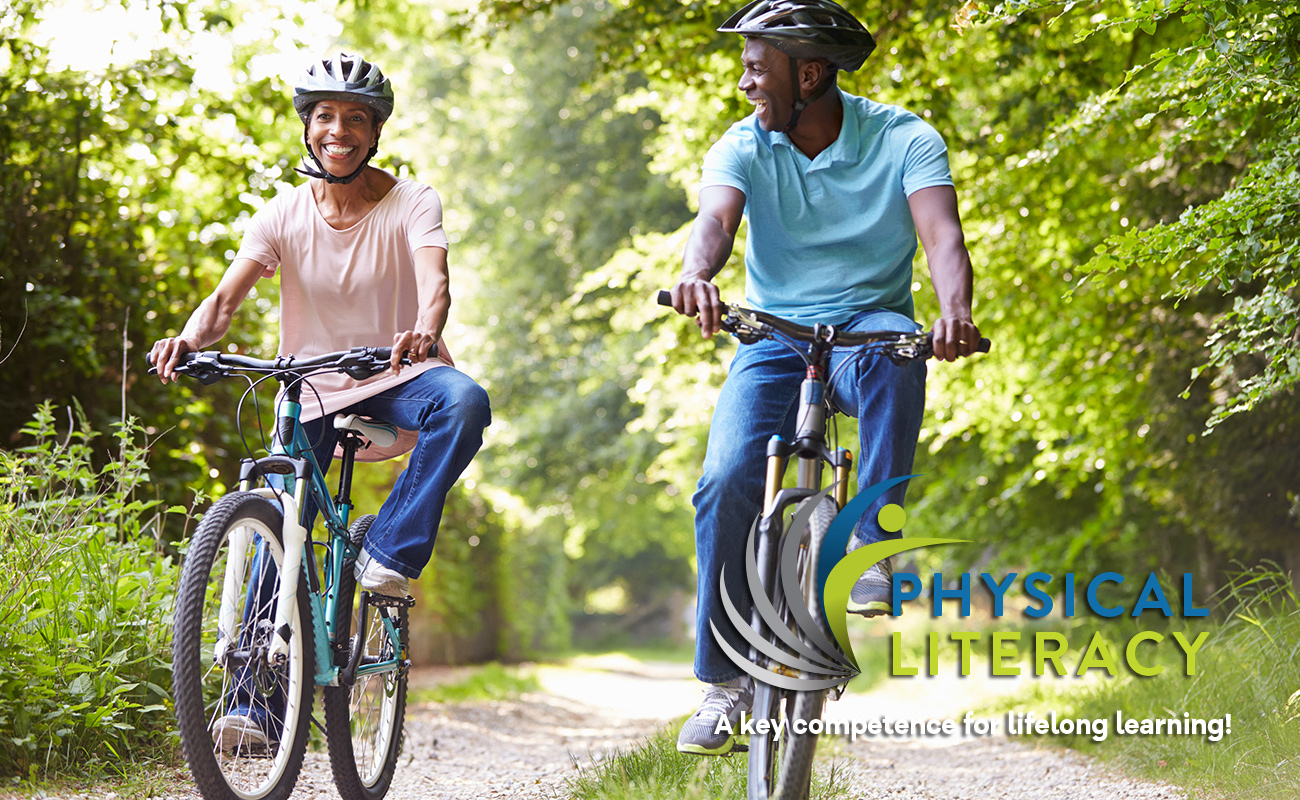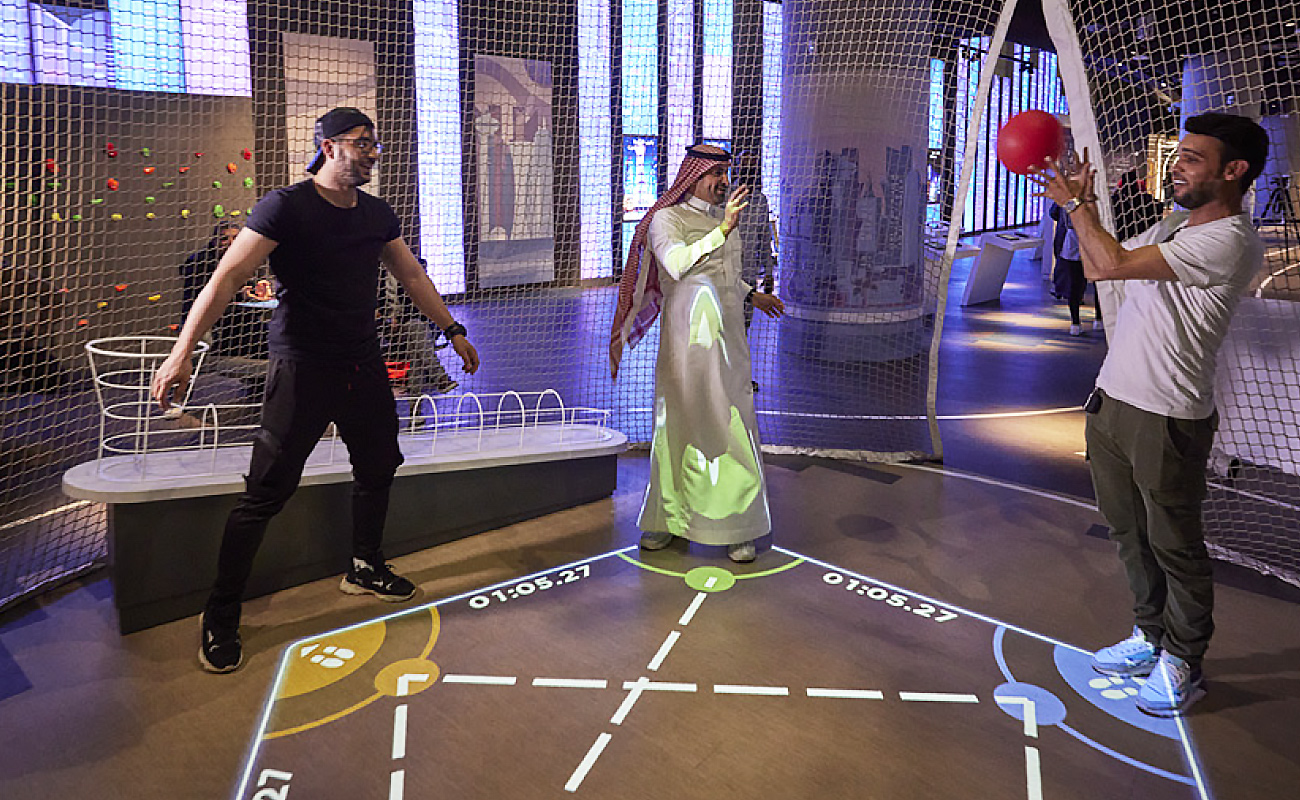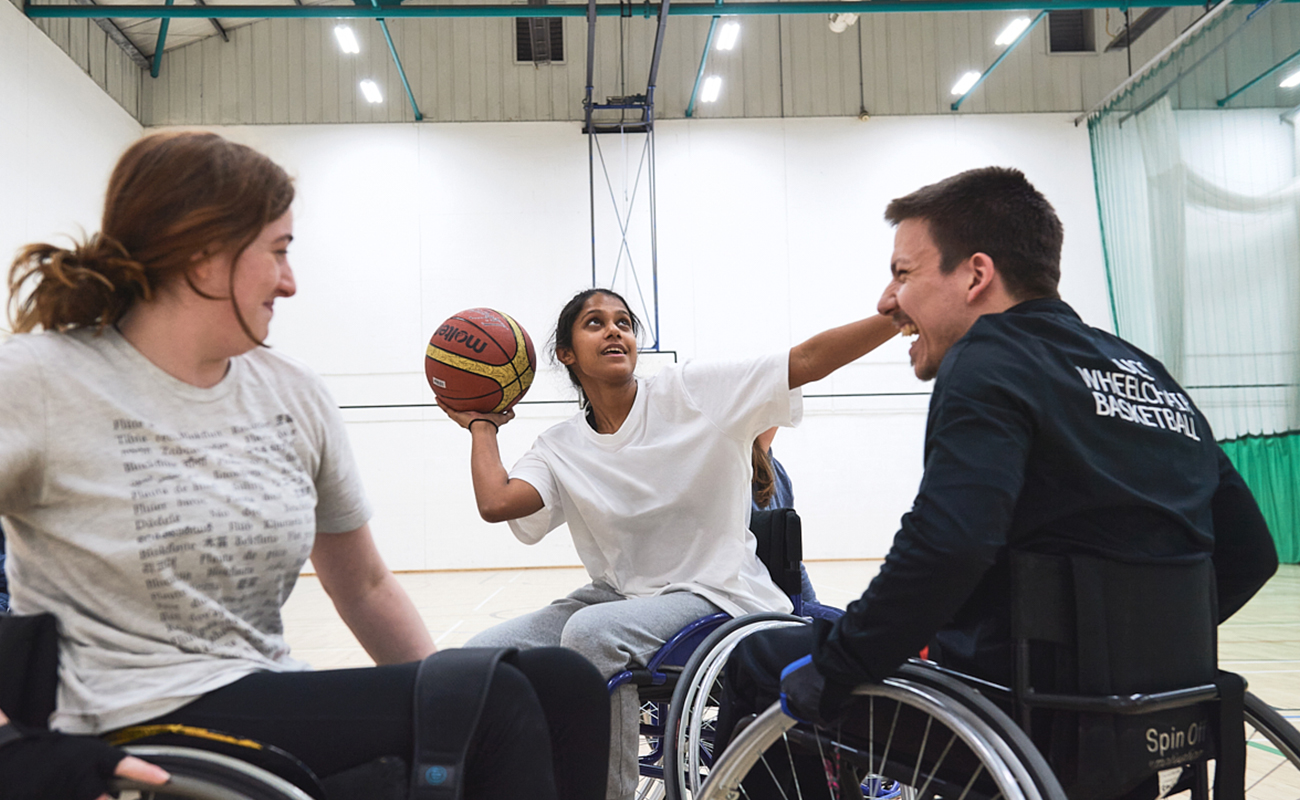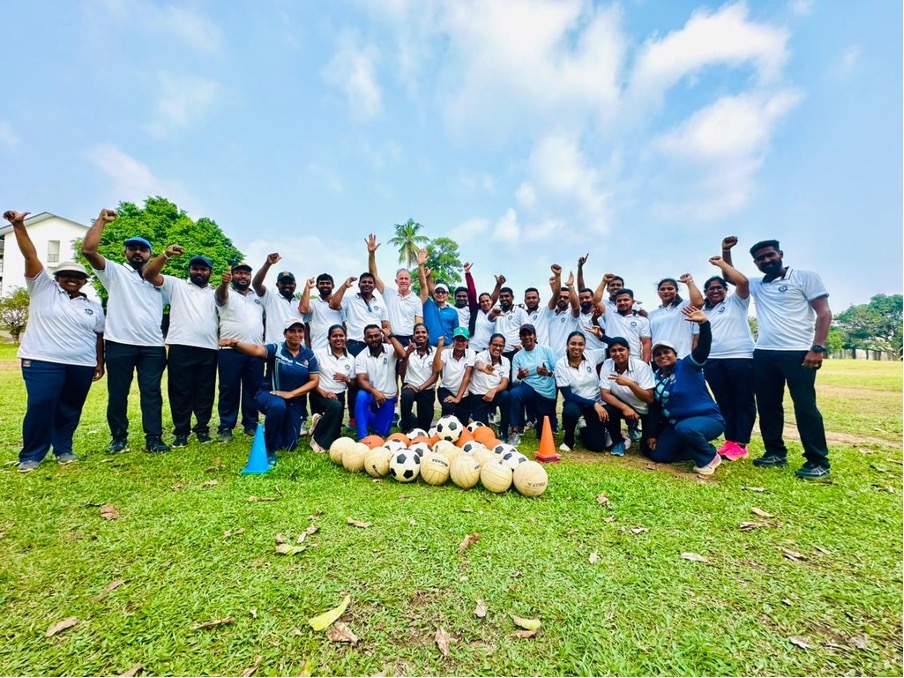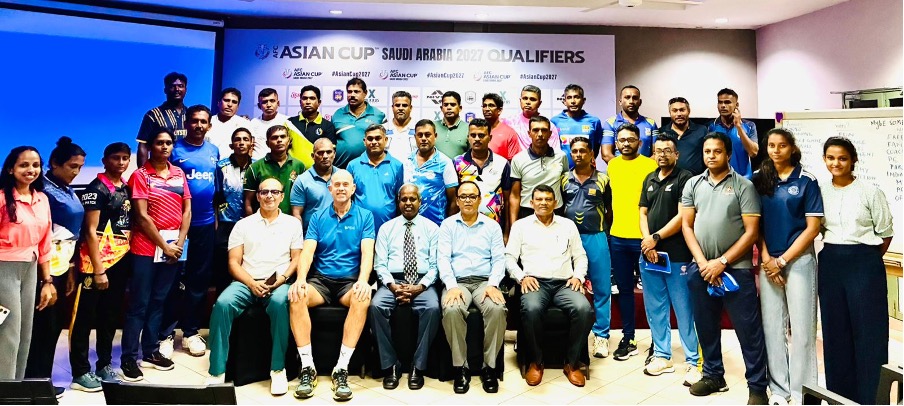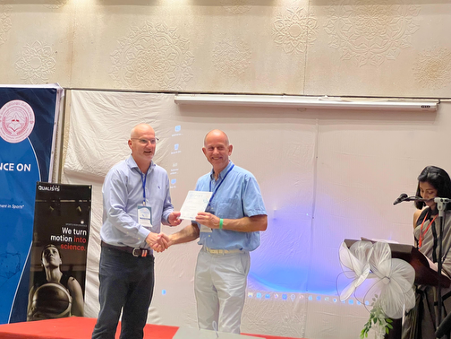We offer a complete and bespoke consultancy and scoping service to support the introduction, implementation and quality assurance of physical literacy informed practice across all areas of public policy or private operation. This includes:
Education and sports policy, Physical education curriculum and/or practice
Coaching education and delivery, Sports development strategies
Embedding physical activity into health initiatives, Corporate social responsibility programmes

